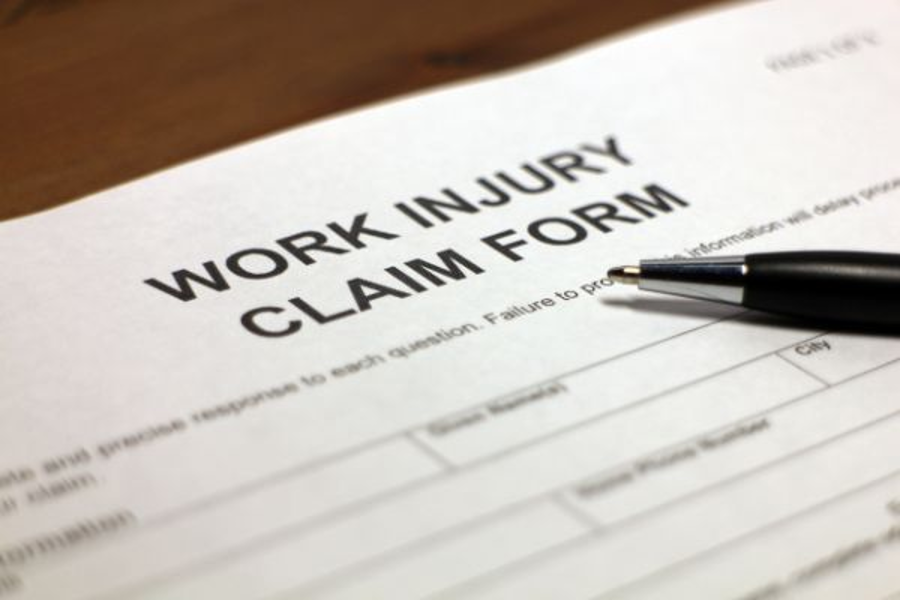In Pennsylvania, an employee has 120 days to inform an employer of a work-related injury. Once this occurs, the employer is obligated to reply within 21 days of notification. One possible employer response may be the decision to file a LIBC-496, otherwise known as a Notice of Workers’ Compensation Denial Form, which disputes an employee’s claim for worker’s compensation benefits. Of course, an injured employee may contest an employer’s denial. An experienced Pennsylvania workers’ compensation attorney is especially invaluable in this situation. There are many reasons workers’ compensation benefits may be denied.
While the Pennsylvania Workers’ Compensation Act provides that employers must pay workers’ compensation benefits to employees injured on the job; employers and their insurance carriers do not like to pay these benefits since they ultimately reduce profits. Thus, workers’ compensation claim approval may be a difficult and arduous process because of the obstinance of certain parties-in-interest. Having a relentless and zealous advocate may help level the playing field.
Here are some common reasons that workers’ compensation claims are denied:
- Lack of medical proof;
- The injury occurred outside the course and scope of employment;
- The injury was not reported within 120 days;
- He employer had no notice or knowledge of the injury;
- Lack of cooperation;
- There were no witnesses to the accident;
Proof of an injury occurring at work is often at the core of claim approval. Sufficient medical proof may be provided by an official medical diagnosis showing the occurrence of an injury and correlating it as reported by the worker. Further, proof that the employee was performing her work duties at the time of injury may be provided by an eyewitness.
Claims may also be denied on the basis of a statutory exclusion, which includes purposefully causing injury to oneself, purposefully causing injury to another, not performing duties pursuant to safety guidelines, and/or intoxication.

